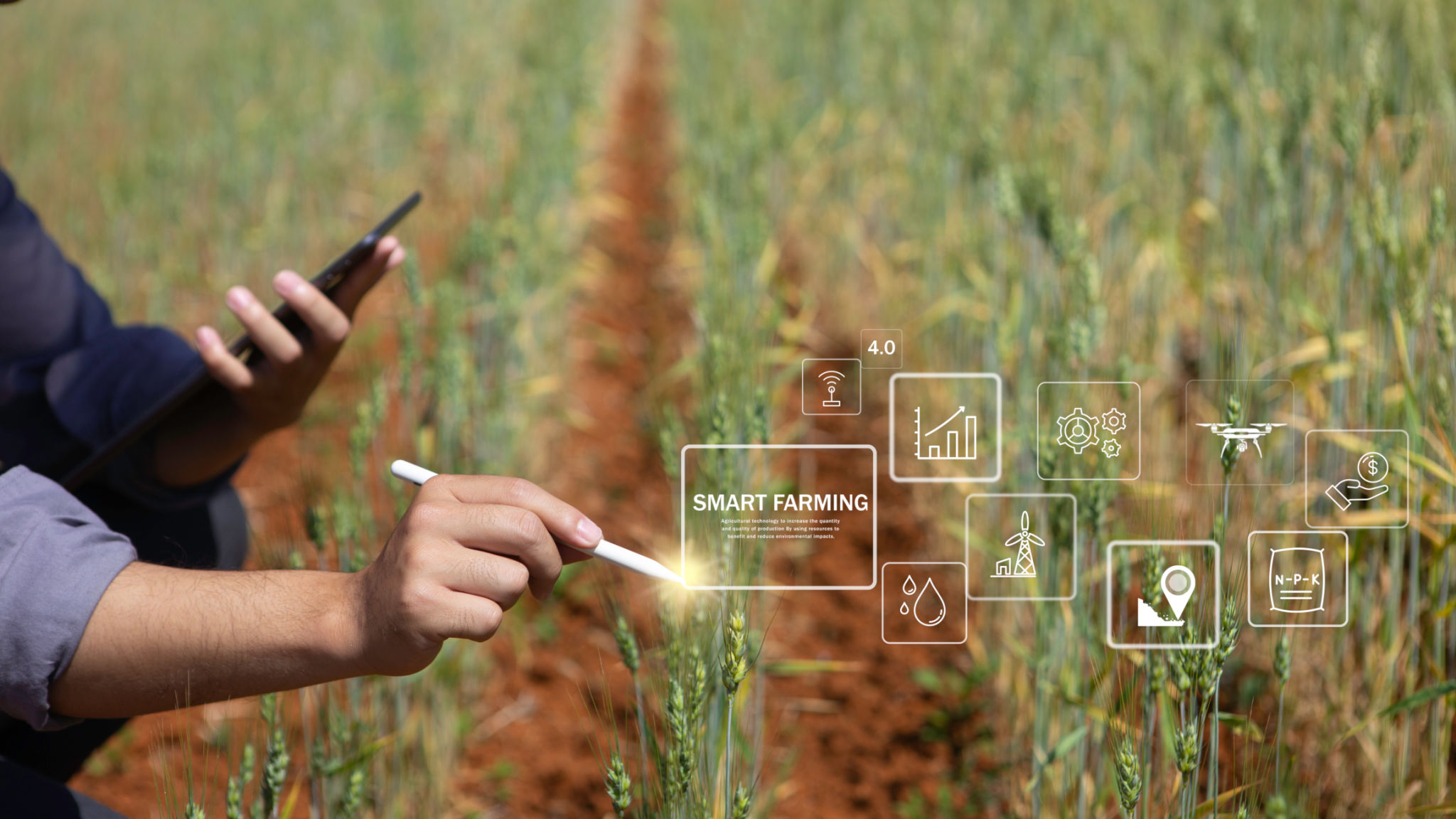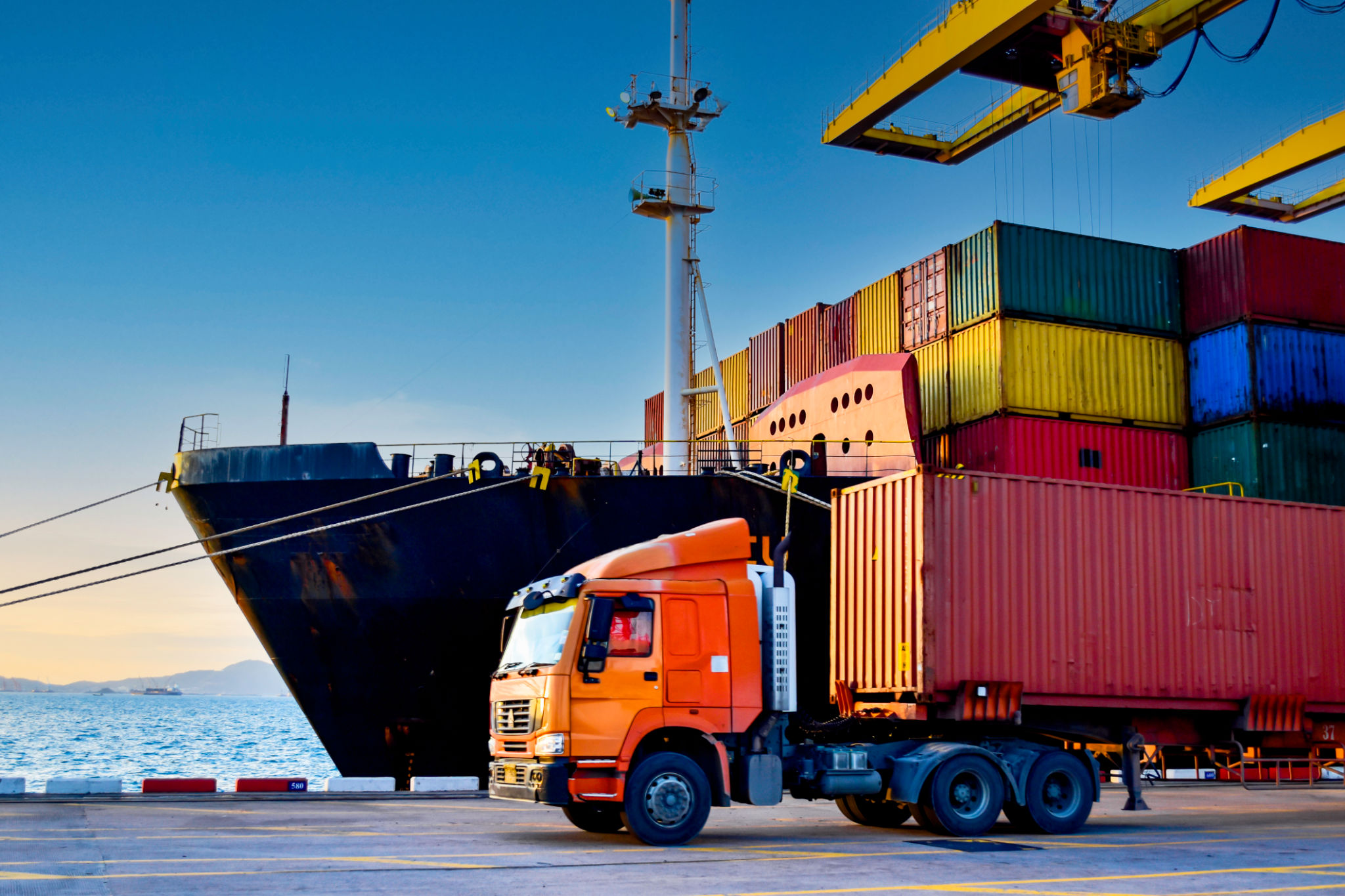Spring Fertilizer Supply Chain Solutions: Ensuring Timely Delivery
Understanding the Importance of a Reliable Supply Chain
Spring is a crucial season for agriculture, marking the beginning of a new cycle of growth and productivity. For farmers, ensuring that the necessary inputs like fertilizers are delivered on time is vital for a successful planting season. This makes having a reliable fertilizer supply chain solution not just beneficial, but essential. It ensures that crops receive the nutrients they need at the right time to maximize yield and quality.

Delays in the supply chain can lead to missed opportunities and reduced crop performance. The significance of a dependable supply chain is further highlighted by the increasing demand for agricultural products. As more land is cultivated, the need for efficient logistics and distribution systems grows, putting pressure on suppliers to deliver consistently and promptly.
Challenges in Fertilizer Supply Chain Management
One of the primary challenges in the fertilizer supply chain is managing the logistics of transportation. Fertilizers often need to be moved over long distances from production facilities to farms. This requires coordination across various modes of transport, including ships, trains, and trucks. Each mode has its own set of challenges, such as weather disruptions and traffic congestion, which can cause delays.

Another challenge is maintaining product quality during transit. Fertilizers are sensitive to environmental conditions and need to be stored and transported under specific conditions to prevent degradation. Ensuring that these products remain effective by the time they reach their destination is crucial for farmers relying on them for crop growth.
Innovative Solutions for Timely Delivery
To address these challenges, many companies are turning to innovative solutions that enhance the efficiency and reliability of their supply chains. One approach is integrating technology such as GPS tracking and IoT sensors to monitor shipments in real-time. These technologies provide valuable data on location, temperature, and humidity, helping to ensure that fertilizers are transported under optimal conditions.

Additionally, companies are exploring partnerships with local distributors and logistics firms to improve last-mile delivery. By leveraging local expertise and infrastructure, they can reduce delivery times and minimize the risk of delays. This collaborative approach is proving to be effective in enhancing the overall reliability of fertilizer supply chains.
Planning and Coordination for Success
Effective planning and coordination are cornerstone strategies in managing a successful fertilizer supply chain. Companies must forecast demand accurately to avoid stockouts or overproduction. This involves working closely with farmers to understand their needs and planting schedules, allowing suppliers to adjust their production and distribution plans accordingly.
Moreover, maintaining open lines of communication between all stakeholders in the supply chain—from manufacturers to distributors and end-users—ensures everyone is aligned and prepared for any challenges that may arise. This proactive approach helps mitigate risks and enhances the ability to respond swiftly to unforeseen issues.
The Future of Fertilizer Supply Chains
The future of fertilizer supply chains lies in continued innovation and adaptation. As the agricultural sector evolves, so too must the systems that support it. By investing in technology and fostering collaboration among stakeholders, companies can create more resilient and efficient supply chains.
Ultimately, ensuring timely delivery of fertilizers during spring—and throughout the year—requires a commitment to continuous improvement. By embracing new solutions and strategies, suppliers can help farmers achieve their goals, contributing to a more sustainable and productive agricultural industry.
